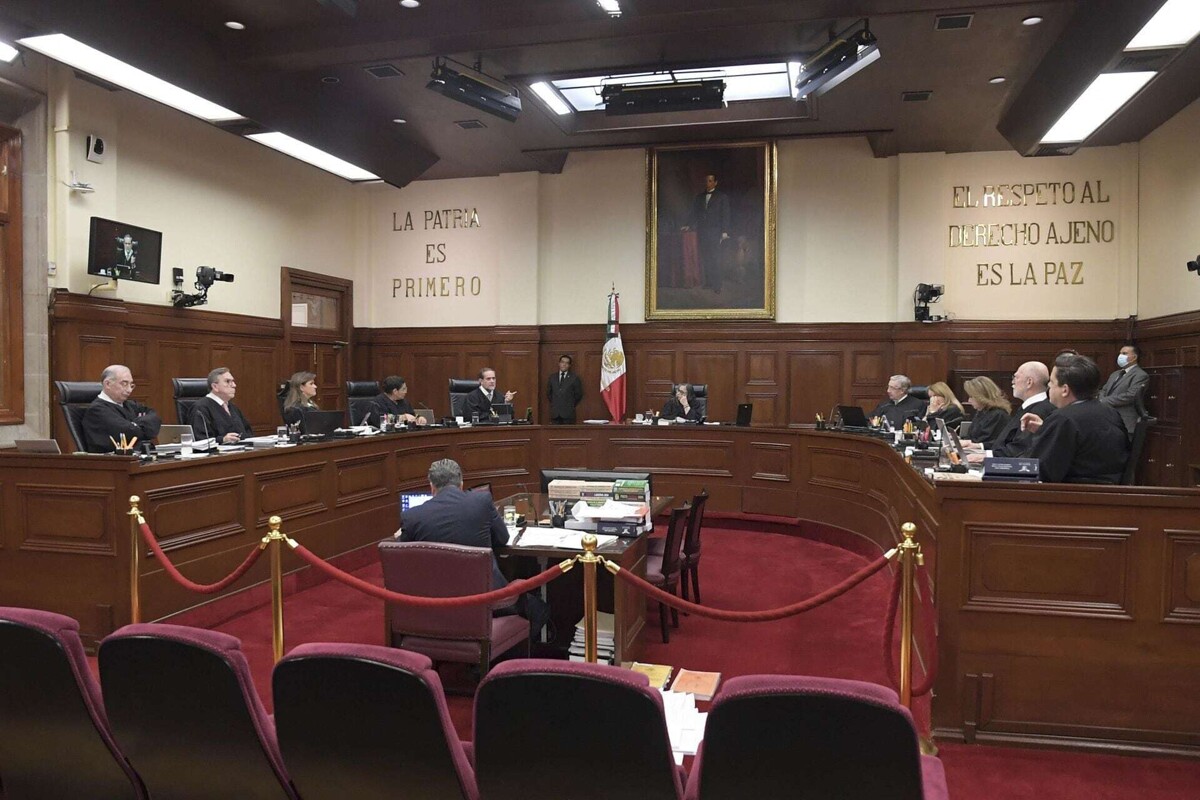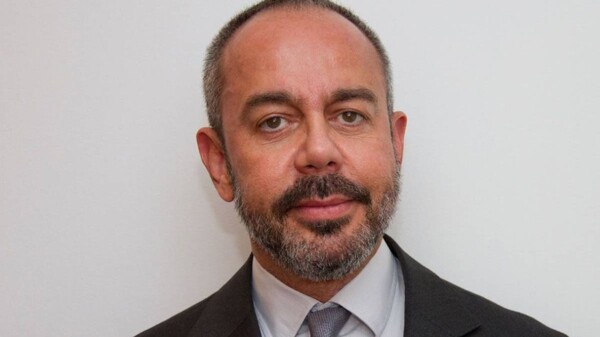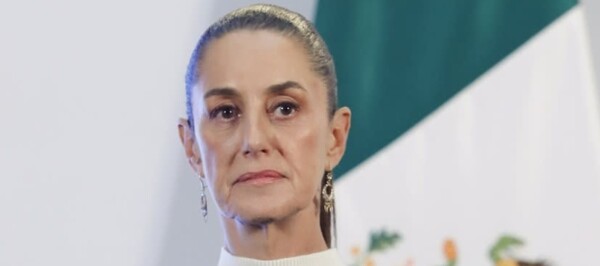
There is controversy over the non-compliance with the rulings of federal judges against the reform, due to the lack of votes and economic resources. The International Monetary Fund projects a decline in the country's economic growth to 1.5 percent or even less, due to various factors such as the lack of legal certainty in judicial reforms, the high fiscal deficit, rising unemployment, and the financial challenges of Pemex and CFE, among others.
The Secretary of Finance, Rogelio Ramírez de la O, defends the country and proposes growth above 2 percent, highlighting the strength of the domestic market, exports, the integration of productive chains, and other measures to boost the economy. However, many businesspeople show reluctance to invest with the government due to the lack of legal certainty.
The inappropriateness of electing judges and magistrates, which could affect the independence of the Judicial Power, is being debated. The costly election of these officials would negatively impact public finances and the fiscal deficit. The Supreme Court of Justice of the Nation is analyzing actions of unconstitutionality against the Judicial Reform, urging compliance with its decisions to avoid greater economic, political, and social costs.
The draft ruling prepared by Minister Juan Luis González Alcántara Carranca highlights the importance of maintaining the Rule of Law and justice. The possible review of the USMCA by the Trump administration in the event of his re-election, as well as new social programs and government measures, pose economic and political challenges for the country.
There is talk of the resumption of public and private investment projects in infrastructure, driven by Morena and its allies. The election of candidates and the election of judges and magistrates outline a complex landscape, with potential negative consequences if the decisions of the Judicial Power are not followed. The importance of defending the Republic, the Rule of Law, and human rights in this uncertain context is emphasized.














